Keywords: Jesuit Refugee Service
There are more than 24 results, only the first 24 are displayed here.
Become a subscriber for more search results.
-
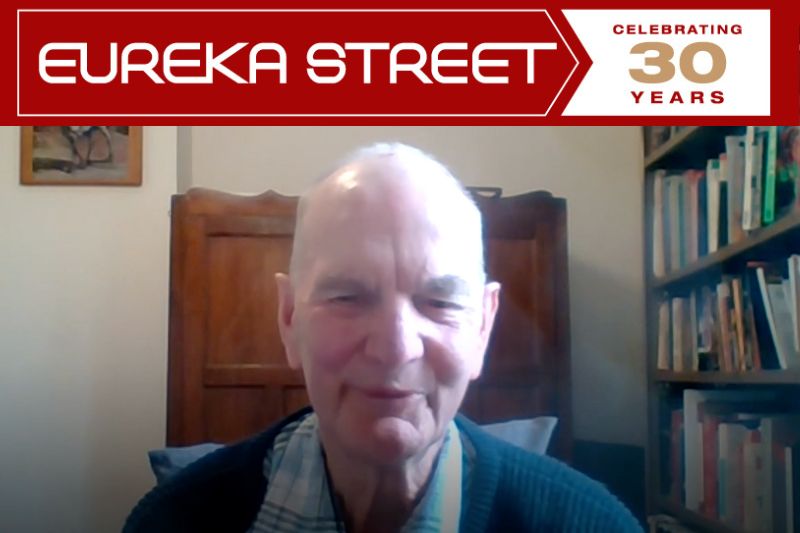
MEDIA
- David Halliday
- 29 June 2022
1 Comment
As part of the 30th anniversary of Eureka Street, we're running conversations with the team who first started the publication in 1991, alongside various people who have played a part in the Eureka Street story. In this video, Eureka Street editor David Halliday speaks with Eureka Street consulting editor Andrew Hamilton SJ.
READ MORE
-

RELIGION
- Geraldine Doogue, Greg Craven, John Warhurst, Julian Butler
- 17 June 2022
3 Comments
After four years, the Fifth Plenary Council of Australia is nearly at a close with the second and final assembly in July. So what has been the significance of the Plenary Council so far, and what can we expect from the final session? In this Roundtable, Geraldine Doogue, John Warhurst, Greg Craven and Julian Butler reveal their hopes and expectations for the process and discuss likely outcomes.
READ MORE 
-
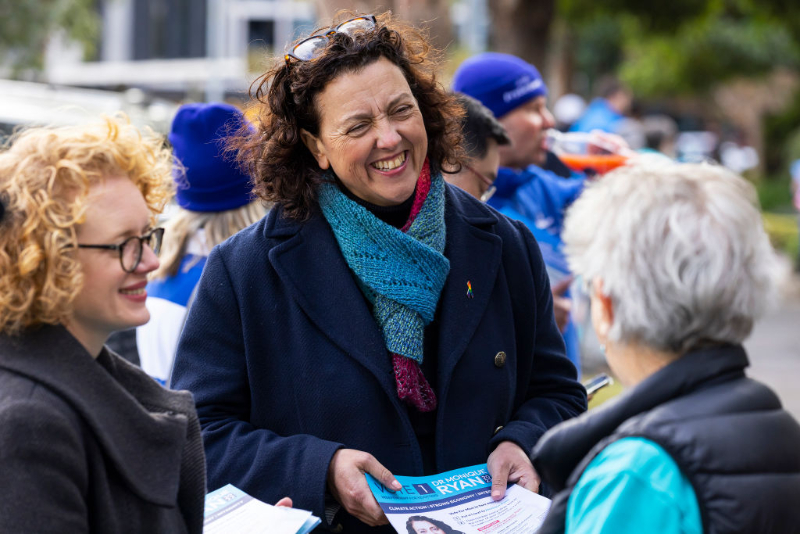
EDUCATION
- Chris Middleton
- 23 May 2022
7 Comments
Perhaps the most dramatic individual result of the Federal election was that Menzies’s seat, Kooyong, has fallen to a Teal independent, Dr Monique Ryan. Xavier College sits in the Kooyong electorate, and Dr Ryan is a parent at the College. Dr Ryan proved to be an impressive candidate who ran as a good a local campaign as I have ever seen. It was marked by a strong engagement by many locals, and especially among professional women, and older residents.
READ MORE 
-
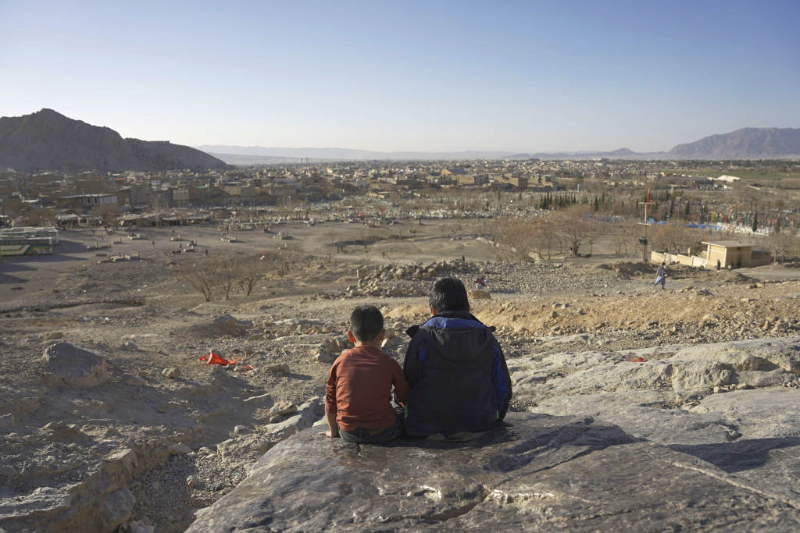
INTERNATIONAL
- Hava Rezaie, Hayat Akbari, Zaki Haidari
- 28 September 2021
6 Comments
It has now been over a month since the Taliban seized Kabul. As attention inevitably shifts elsewhere, the painful question arises: What's next? Is this another 'back to the future' moment? The signs are grim. Over the last two weeks, the Taliban have issued a number of edicts which demonstrate that their attitudes to women have not changed.
READ MORE 
-

AUSTRALIA
I was born Hazara in Afghanistan. It is a place where my people suffer constant persecution and discrimination, and additionally, where women are considered second-class citizens. When I was two years old, my parents fled Afghanistan. We first arrived in Iraq and were subsequently given refugee status in Iran. Despite the challenges of growing up a foreigner in Iran, I completed my teaching degree, and also qualified to be a lawyer.
READ MORE 
-
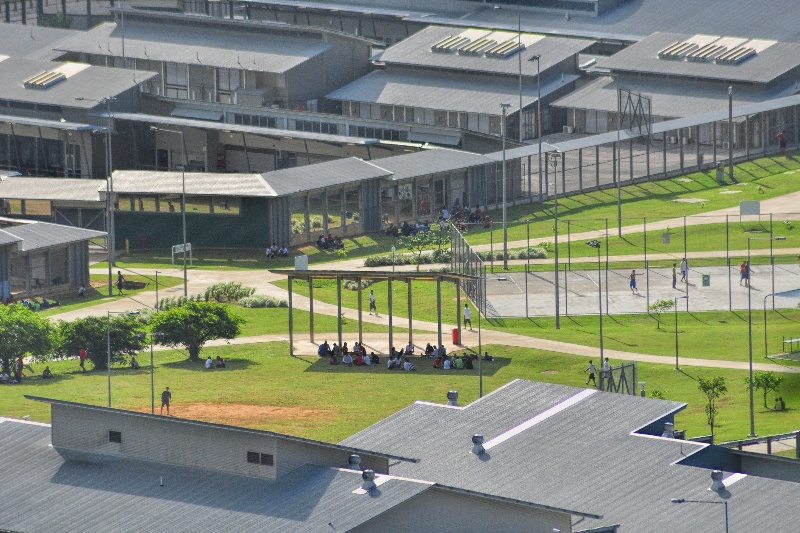
AUSTRALIA
- Zaki Haidari
- 23 March 2021
9 Comments
I am a refugee from Afghanistan, and I belong a minority ethnic group, the Hazaras. We have been persecuted for a long time because of our ethnicity, religion and values. In 2012, I was forced to leave Afghanistan. I was 17. Back home, my father was a medical doctor. The Taliban accused him of working with international armed forces in the country at the time. One day the Taliban took him away, and nobody has seen him since.
READ MORE 
-
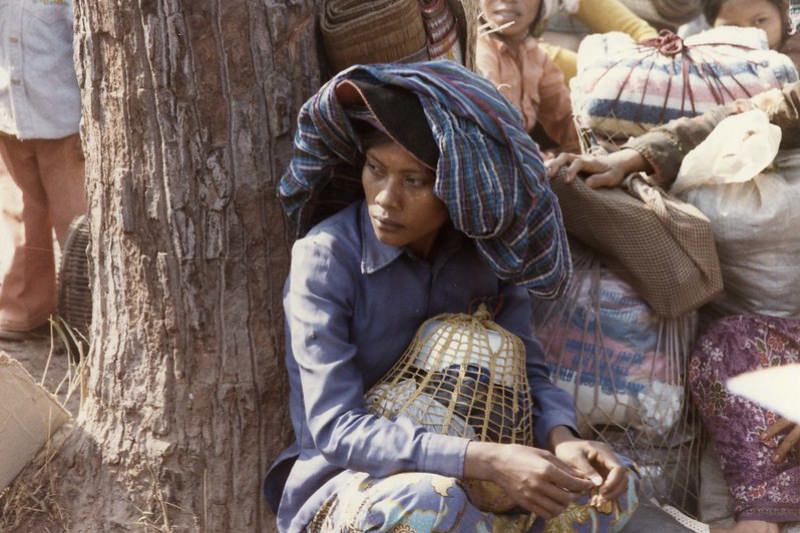
INTERNATIONAL
- Andrew Hamilton
- 26 November 2020
7 Comments
Stories of volunteers who went to help in foreign crises used to focus on the impact on the people helped. Today they explore how both parties are changed through the experience. That was also true in Jesuit Refugee Service (JRS) whose 40th anniversary occurred last week.
READ MORE 
-
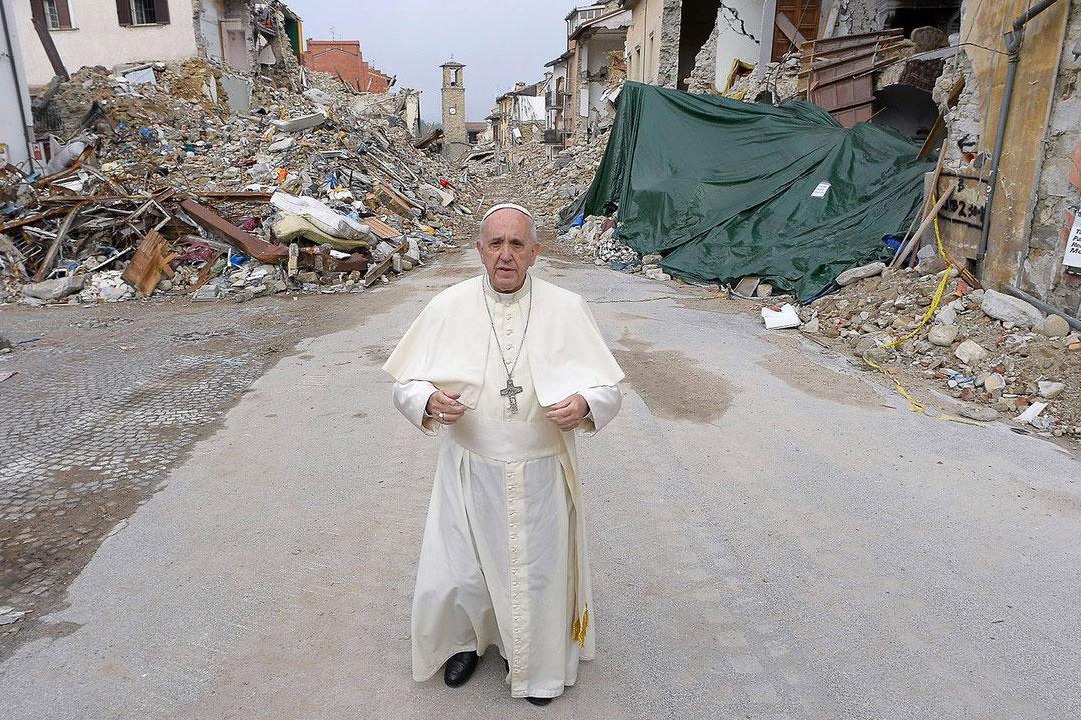
RELIGION
- David Holdcroft
- 27 October 2020
9 Comments
Insofar as there is hope in Francesco, it emerges gradually through an intimate viewing of the Pope’s engagement with the ‘hot button’ issues of our day, the environment and climate change, refugees and immigration, violence and conflict, disparity of wealth and poverty, women’s place in society and Church, family and sexuality, and sexual abuse within the Church.
READ MORE 
-

FAITH DOING JUSTICE
- Carolina Gottardo
- 06 April 2020
6 Comments
The ability to work from home or social distance is a class issue. How do you practice social distancing in the slums of Lagos, the favelas of Rio or the shanty towns of Bogota, the city where I was born? Here in Australia, it’s not much different for refugees, people seeking asylum and migrants in vulnerable situations.
READ MORE 
-
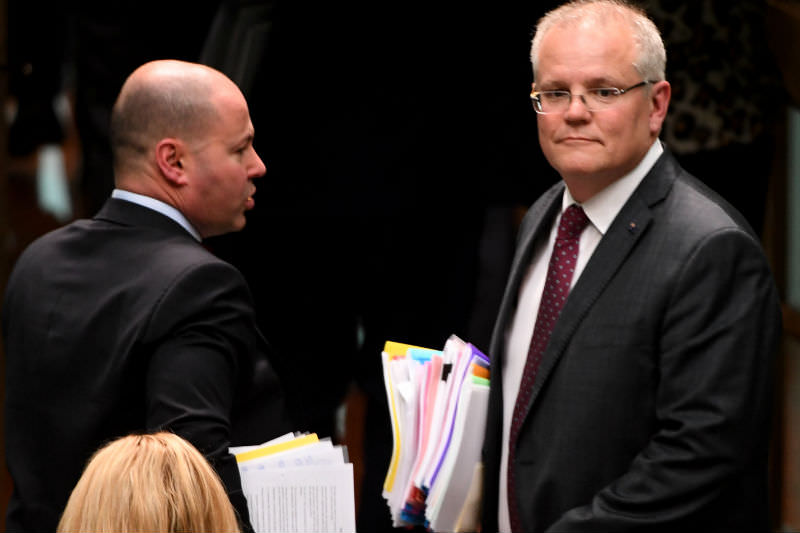
AUSTRALIA
- Carolina Gottardo and Nishadh Rego
- 12 December 2019
6 Comments
Outside, a Martian-red haze kisses the windows. An ode to the future perhaps. Most of the people present are already aware of the Medevac repeal decision. The room is heavy with silence, the mood is sombre, but far from resigned. We want change, and are willing to have a crack at demanding it.
READ MORE 
-
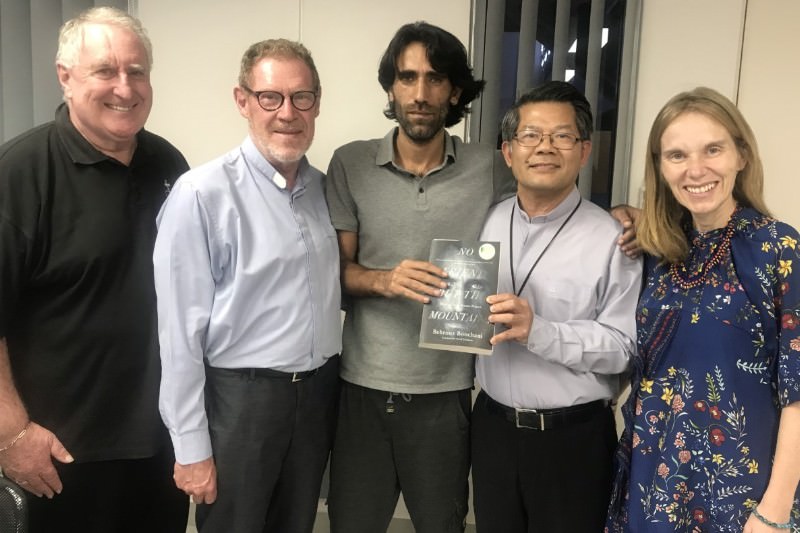
AUSTRALIA
- Joshua Lourensz
- 19 November 2019
5 Comments
'Refugees/not refugees — here it is all the same,' a man tells me with a shrug. There seems to be both recognition of the impossibility of the situation for all who have been left here — but also an attitude that no one should be left behind.
READ MORE 
-
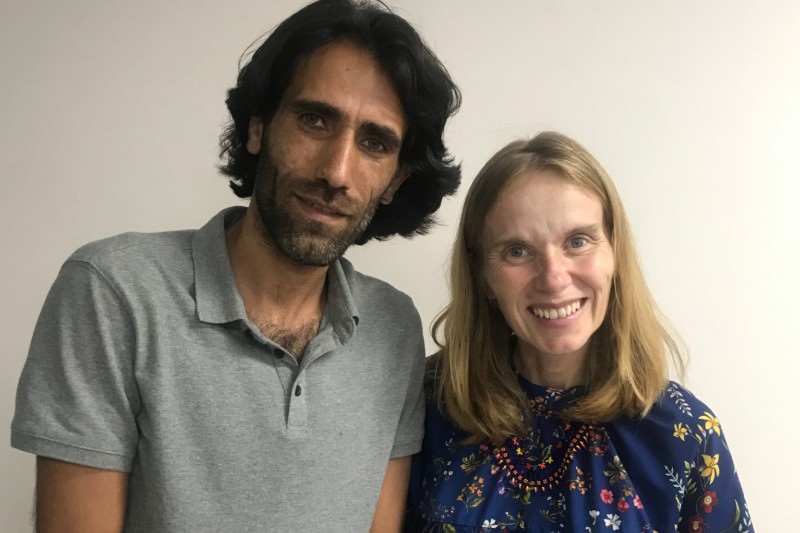
INTERNATIONAL
- Carolina Gottardo
- 18 November 2019
7 Comments
I recently visited Port Moresby as part of a delegation of Catholic leaders. I have worked with refugees and migrants for more than 20 years in different countries. I have been part of many serious and confronting human rights struggles. Nonetheless, I was not expecting what I saw and heard in PNG, and it deeply touched me.
READ MORE 